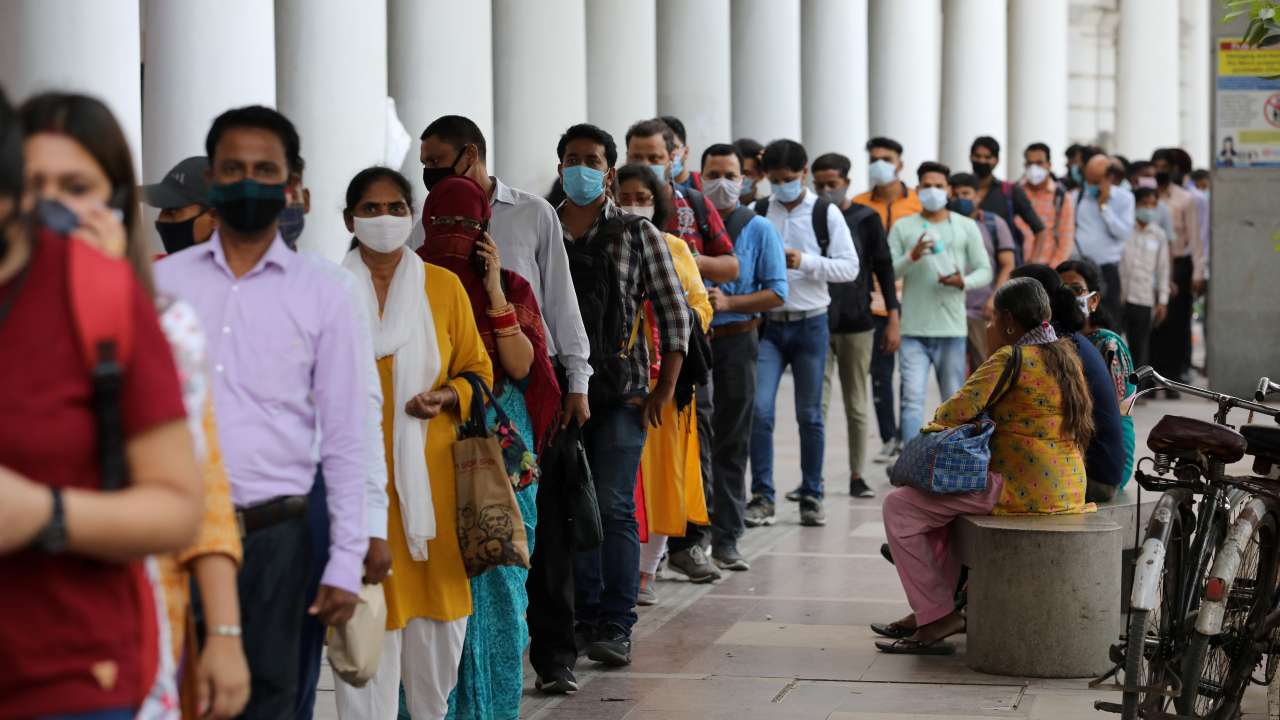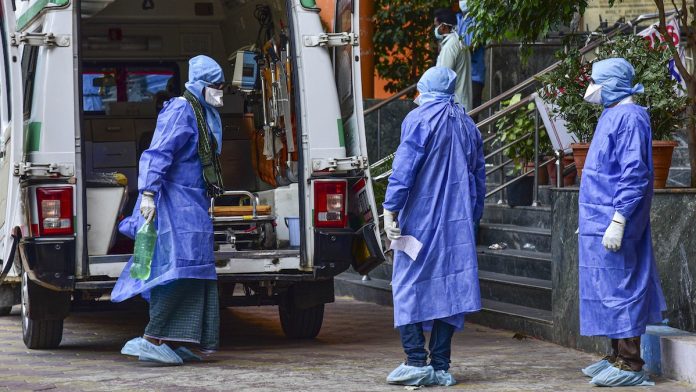Non-judicious use of medicines and other therapies to treat covid-19 may make the virus defiant to them, which in turn could cause mutations in it, said Indian Council of Medical Research (ICMR) director general Balram Bhargava.
“We have to maintain the judicious use of therapies that are going to benefit. If the benefit is not established, we should not use those therapies. Otherwise, they would put a tremendous pressure on the virus and the virus will tend to mutate more,” Bhargava said at a press conference on Tuesday. Mutations are also related to the environment, the host, and other modalities, he added.
It’s important that we do not put too much immune pressure on virus. We’ve to maintain judicious use of therapies which are going to benefit. If benefit isn’t established we shouldn’t use those therapies otherwise it will put pressure on virus & it’ll tend to mutate more: ICMR DG pic.twitter.com/eNKE7zb2TX
— ANI (@ANI) December 29, 2020
Bhargava’s caution against the overuse of medicines comes against the backdrop of multiple mutated variants of the novel coronavirus spreading all across the world, with the ones in the UK and South Africa being the major ones.
As multiple mutations have been observed in the genetic sequence of its spike protein, the UK variant has come under particular attention.
This has led to the significant concern in the scientific community because of the spike protein, used by the virus to attach to human cells, is the primary target for many vaccines and medicines against the disease.
However, so far the mutations have not shown that they will have an impact on efficacy of vaccines, said K. Vijayraghavan, principal scientific advisor to the government.
“Most vaccines do target the spike protein, in which there are changes in the variants. However, vaccines stimulate our immune system to produce a wide range of protective antibodies,” he said at the press conference
Vijayraghavan said, on the sidelines of the press conference, that while he does not expect vaccines to be impacted by the variant in the UK, the situation will become clearer when more people are vaccinated in the UK and its effect on efficacy is analysed in post-marketing studies.
Maria van Kerkhove, the World Health Organization’s technical lead for covid-19, said on Monday that there is a virus evolution working group comprising experts that has been set up to look into mutations and its impact on diagnostics and vaccines.
“There’s a process in place to make sure that the appropriate laboratory studies are being done and it is important to note that these laboratory studies take time. We expect to have results of further lab studies in both the UK and in South Africa in the coming days and the coming weeks,” van Kerkhove said
The Indian government has already banned flights from the UK from 23 December and has started tracing and testing people who arrived in India since 25 November till the ban was imposed. So far, 114 people have tested positive, of which six have been found to have the new strain of the virus.
The government also plans to conduct genome sequencing of 5% of the samples of covid-19 positive patients to see whether there are any other variations in circulation in the country, and determine the impact on treatments and vaccines, NITI Aayog member V.K. Paul said.
The spike protein mutations found in UK have been shown to allow the virus to attach more easily with the human cells, and thus increase its transmission between humans by up to 70%. The new UK variant has already been reported by Denmark, Netherlands, Australia, Italy, Sweden, France, Spain, Switzerland, Germany, Canada, Japan, Lebanon, and Singapore.











